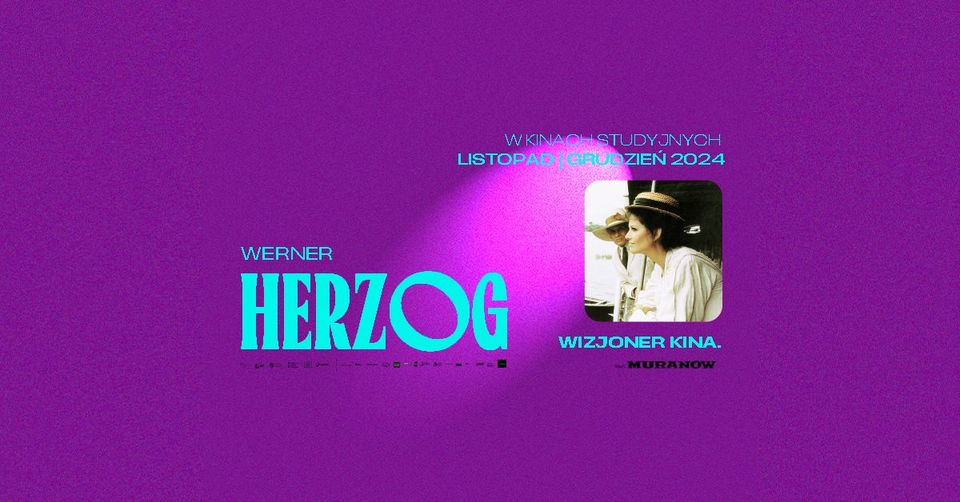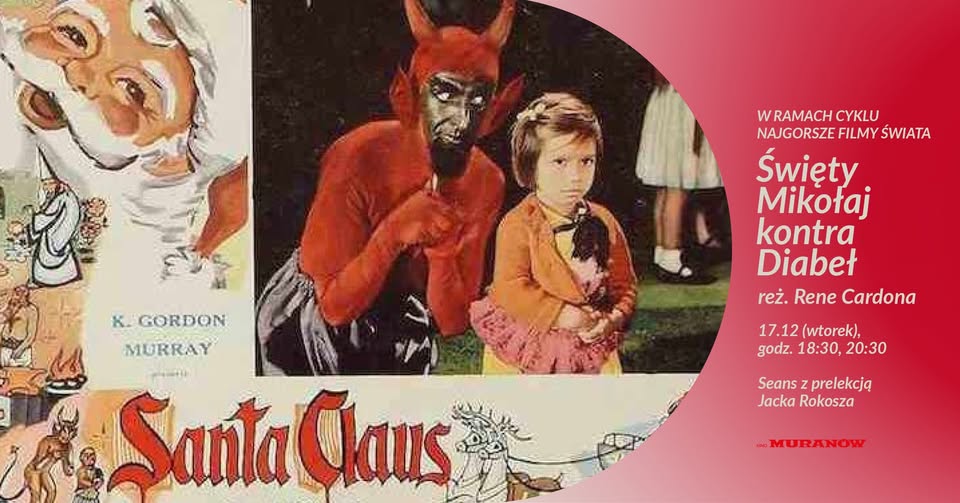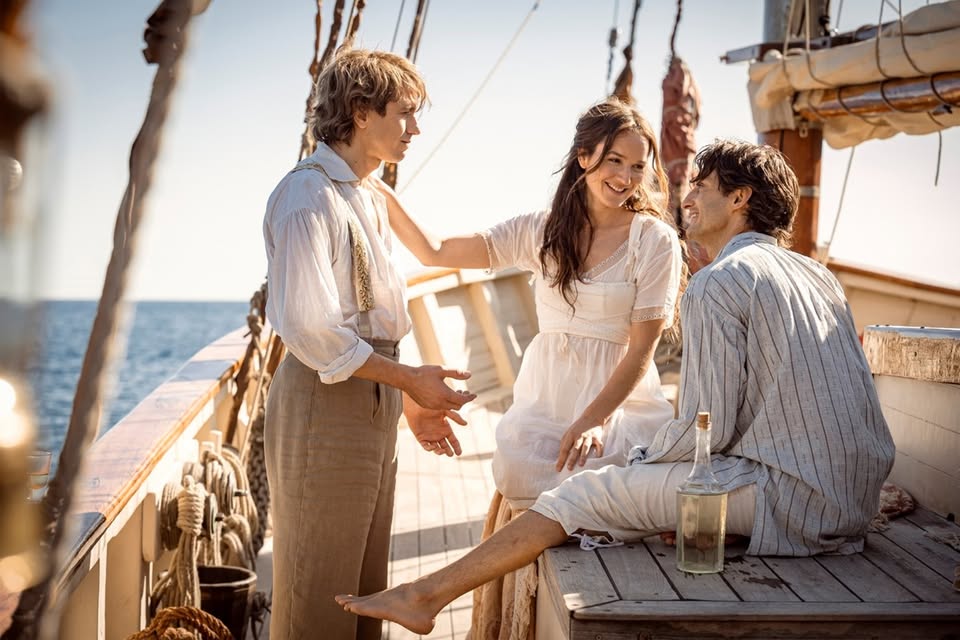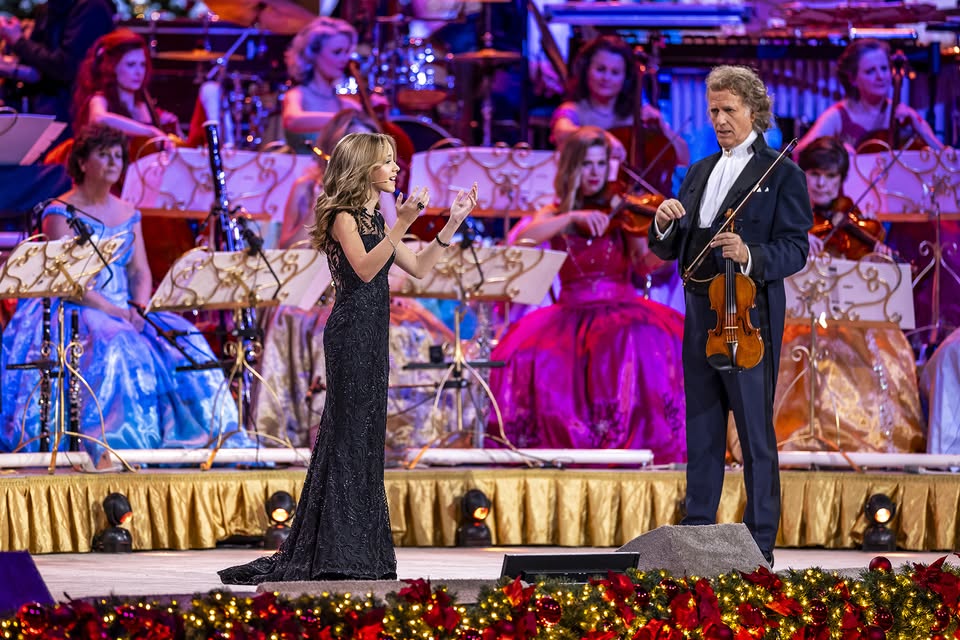
Before us is an extraordinary review of films by Werner Herzog!
When it comes to Werner Herzog, the word 'visionary' is often mentioned. And indeed, his bold yet inquisitive visions of the world and humanity hold a unique place in the history of cinema. The films made by the creator between 1972 and 1981, such as 'Aguirre, the Wrath of God,' 'The Enigma of Kaspar Hauser,' 'Nosferatu the Vampyre,' 'Woyzeck,' and 'Fitzcarraldo,' are outstanding works not only due to their grand scale of production or directorial mastery but also because of the perfect integration of the ideas contained in the scripts with the physicality of the actors – Klaus Kinski and Bruno S. The visionary nature of Herzog's films arises as much from the sensitivity of the director himself as from the – extremely different, after all – personality traits of the actors in the titular roles and their particular relationships with the camera. Herzog drew inspiration for creating cinematic images from painting, music, nature, and also from the truly existential entanglement of the individual in their own passions and demons. These images always direct attention towards strangeness, otherness, and outsider status. Their monumental character stems, on one hand, from the beauty of the landscape, which in Herzog's work becomes a fully-fledged character, and on the other hand, from the expressive power of the human face, captured in a captivating way by the cinematographers collaborating with the director – Thomas Mauch and Jörg Schmidt-Reitwein.
The review of these five films, along with short introductions in the form of video lectures, will bring the director's profile closer, introduce the themes of his works, and also allow them to be placed in a broader cultural context.
Schedule of screenings:
'Aguirre, the Wrath of God' | 24.11 | 16:00
'The Enigma of Kaspar Hauser' | 01.12 | 16:00
'Nosferatu - the Vampyre' | 08.12 | 16:00
'Woyzeck' | 15.12 | 16:00
'Fitzcarraldo' | 22.12 | 16:00
The project is organized by the Association of Art House Cinemas and the Goethe Institute in Warsaw, and co-financed by the Polish-German Cooperation Foundation.


